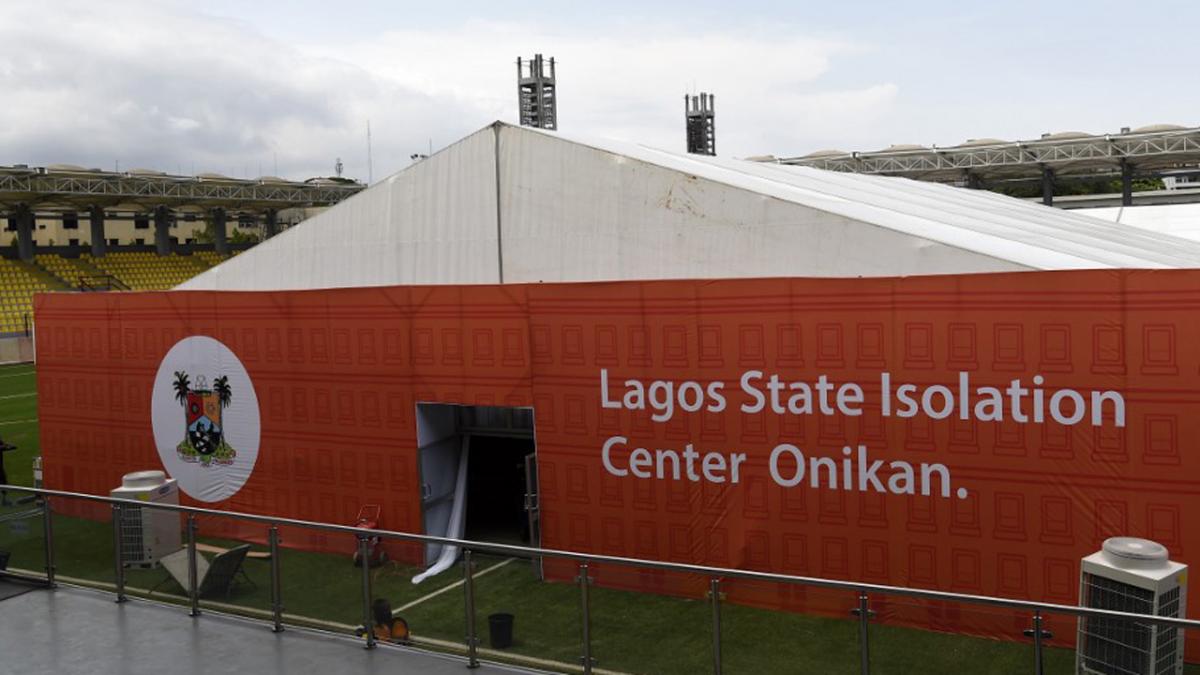There are no products in your shopping cart.
| 0 Items | £0.00 |


UNITED Nations secretary-general Antonio Guterres has commended Nigeria's for the way the country has reacted to the coronavirus pandemic saying she is one developing nation that has shown a remarkable capacity to respond to the crisis.
Although Nigeria has been relatively unscathed by the pandemic with just 210 cases and four deaths, the country has taken several proactive measure to curb the spread of the virus. This includes the widespread opening of isolation centres, a lockdown in Lagos and Ogun States and the Federal Capital Territory and the setting up of a N50bn ($131.3m) Covid-19 credit scheme.
Praising the efforts of Nigeria, Mr Guterres, said: “I have to say this, some of these developing countries have shown a remarkable capacity to respond. I was quite impressed to see, for instance, Nigeria putting in place and immediately establishing a hospital and I saw difficulties in countries that are much more developed, to do quickly the same.”
Already, the United Nations has donated €80,000 (N32.5m) worth of medical equipment and supplies to Nigeria to assist in the fight against coronavirus. These materials include diagnostic machines and kits, reagents and laboratory consumables, biosafety supplies, such as personal protection equipment and laboratory cabinets, amongst other things.
Geoffrey Onyeama, Nigeria's foreign minister, said: “Our permanent representative to the United Nations in Vienna has been able to secure from International Atomic Energy Agency (IAEA) a donation of €80,000 worth of medical equipment and supplies to assist the Covid-19 response.”
IAEA Director-General, Rafael Mariano Grossi, said the agency was dispatching the first batch of the equipment to Nigeria and more than 40 other countries to enable them to use a nuclear-derived technique to rapidly detect coronavirus. According to the IAEA, the first batch of supplies, worth around €4m, would help the countries use the technique known as real-time reverse transcription–polymerase chain reaction – a sensitive technique, for detecting viruses currently available.
Mr Grossi added: “IAEA staff are working hard to ensure that this critical equipment is delivered as quickly as possible. This emergency assistance is part of the IAEA’s response to requests for support from around 90 member states in controlling an increasing number of infections worldwide.”